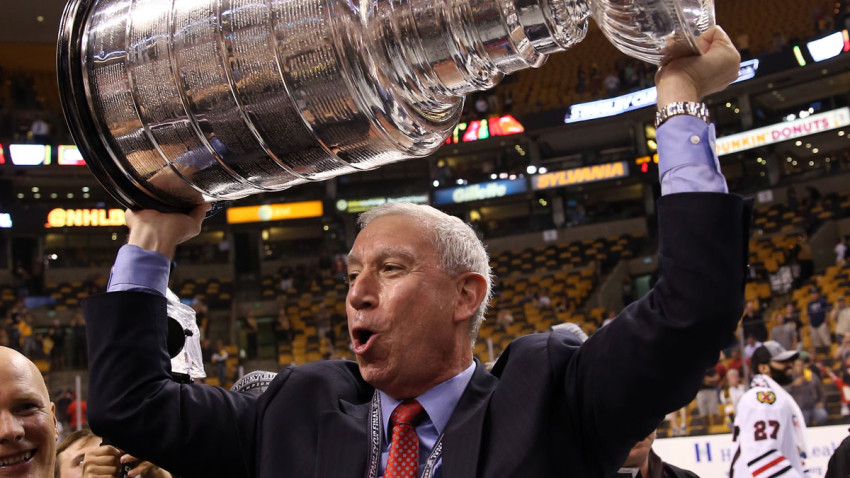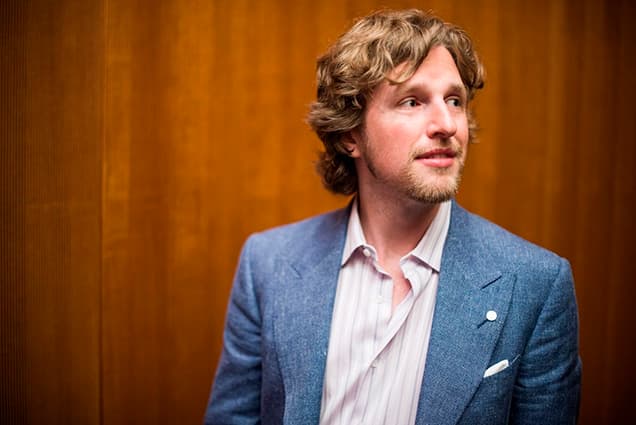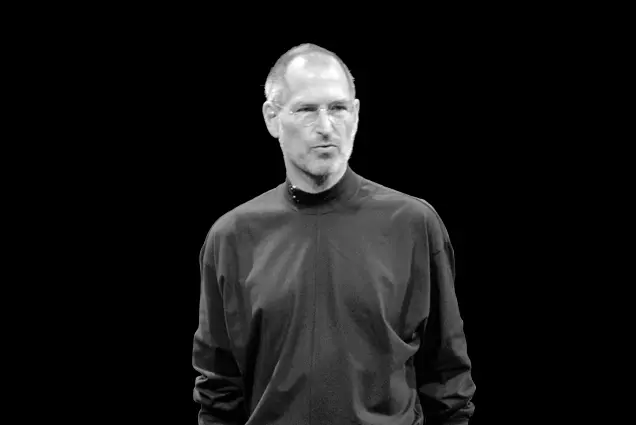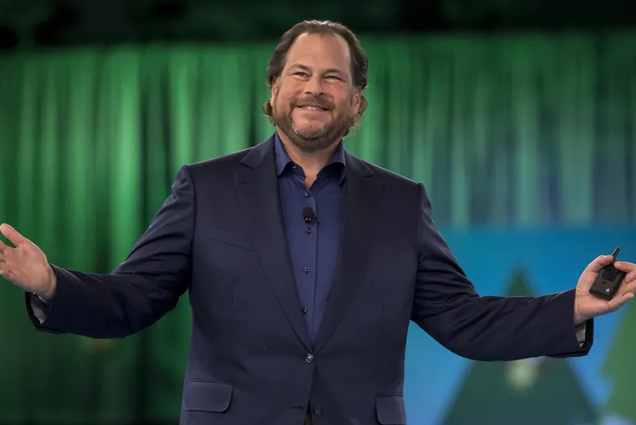“I hate having to use the first person. Nearly everything I’ve done in my life has been accomplished with other people… Please remember that every time you see the word I in these pages, it refers to all those colleagues and friends and some I may have missed.”
- Jack Welch
In 1981, Jack Welch took over as youngest-ever chairman and CEO of General Electric, a multinational conglomerate responsible for offering a wide array of products from appliances and light bulbs to now aircraft engines and pharmaceutical diagnostics. Valued at fourteen billion dollars when he took over, it skyrocketed to the tune of $490 billion dollars twenty years later at the hands of a Wall Street evaluation! Fortune magazine donned Welch “the most widely admired, studied and imitated CEO of his time.” What changed during Welch’s tenure?
Many accredit his economic impact and astounding performance as head of GE. As perhaps the greatest corporate leader of the 20th century, Welch believed in the idea that personal growth became instrumental in the growth of others. “Before you are a leader, success is about growing yourself. When you become a leader, success is about growing others.”
Welch never stopped visiting front-line workers at his factories, hearing the feedback and concern of workers. These were workers he cared for, respected, learned from, and in turn, nurtured. Steve Bennett, CEO of Intuit, had this to say about the GE CEO:
“I learned about nurturing employees from my time at General Electric from Jack Welch. He’d go directly to the front-line employees to figure out what was going on. Sometime in the early 1990s, I saw him in a factory where they made refrigerators in Louisville, he went right to the workers in the assembly line to hear what they had to say. I do frequent CEO chats with front-line employees. I learned that from Jack.
It was no secret Welch relied heavily on his team from top to bottom, taking on the role of the we and us CEO rather the I leader. As a growth-minded leader, he wanted to take on the role as a guide and not a judge. Welch described true self-confidence as the “courage to be open – to welcome change and new ideas.” Self-confidence isn’t measured by your title, expensive suit or fancy car, self-confidence is truly reflected in your mindset and your willingness to grow, to be better than you were yesterday.
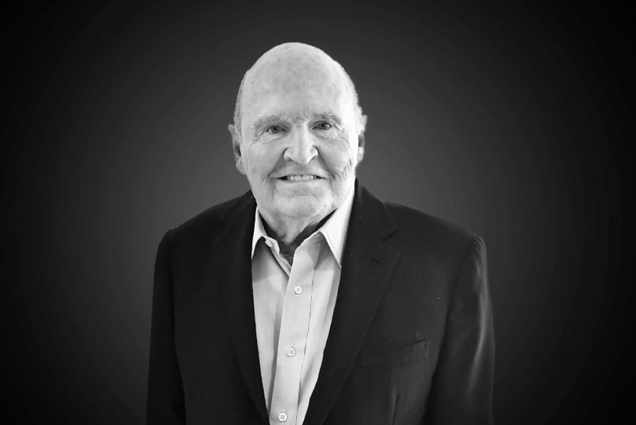
“I hate having to use the first person. Nearly everything I’ve done in my life has been accomplished with other people… Please remember that every time you see the word I in these pages, it refers to all those colleagues and friends and some I may have missed.” – Jack Welch
What Were Jack’s Main Accomplishments as CEO of General Electric?
- Youngest ever chairman and CEO of General Electric from 1981-2000
- Junior Achievement National Business Hall of Fame, 1997
- Manager of the Century, Fortune 1999
- 400 richest Americans, Forbes 2001-2004
- GE: The World’s Most Respected Company, The Financial Times, 1997-2000
How Significant did the idea of evolving and nurturing employees to their full potential mean to Jack Welch?
The nurturing and evolving of employees in his tenure as CEO played a crucial role in Welch’s revitalization of General Electric in the 1980s to what it is today. He not only renovated the workplace culture but also ventured into other industries such as electronics and healthcare, further flourishing GE to what it is today. Without Welch, it’s tough to imagine how GE would have thrived in today’s economy.
1. Developing Leaders. From enticing stock options to giving employees more of a voice, he encouraged employees to seek new ideas. He altered how bonuses and awards were given out, and honored employees who began to seek and share new ideas. This motivated higher levels of performance from laborers to managers.
2. Lead Over Control. Welch believed in the idea of not controlling people but to rather guide and lead. Great business leaders build a vision, articulate the vision, own the dream, and persistently drive it to accomplishment.
3. Employees First Mentality. Welch broke from the idea of a CEO giving commands from a luxurious headquarters, rather rely information and communicate with workers from the front-line to the top of the chain. He made sure his front-line workers were respected and recognized the same way the managers were. Developing the Work-Out Program in the late 1980s, its mission was to invite employees from all departments to share where and how the company can improve. By 1992, two-thirds of the workforce had participated in the program, resulting in increased productivity and profits at the helm of GE.
In this story with Jack Welch and GE, we understand the significance of hiring innovators and dreamers.
At Creative Resource Personnel, we recognize that running a company isn’t a one-man army. You are only as successful as your teammates. Finding the most talented and decorated workers can be a challenge. That’s where we come in, bridging the gap between hiring excellent professionals and progressing businesses. We specialize in finding top talent to staff your company so you can focus on building and scaling your business!

